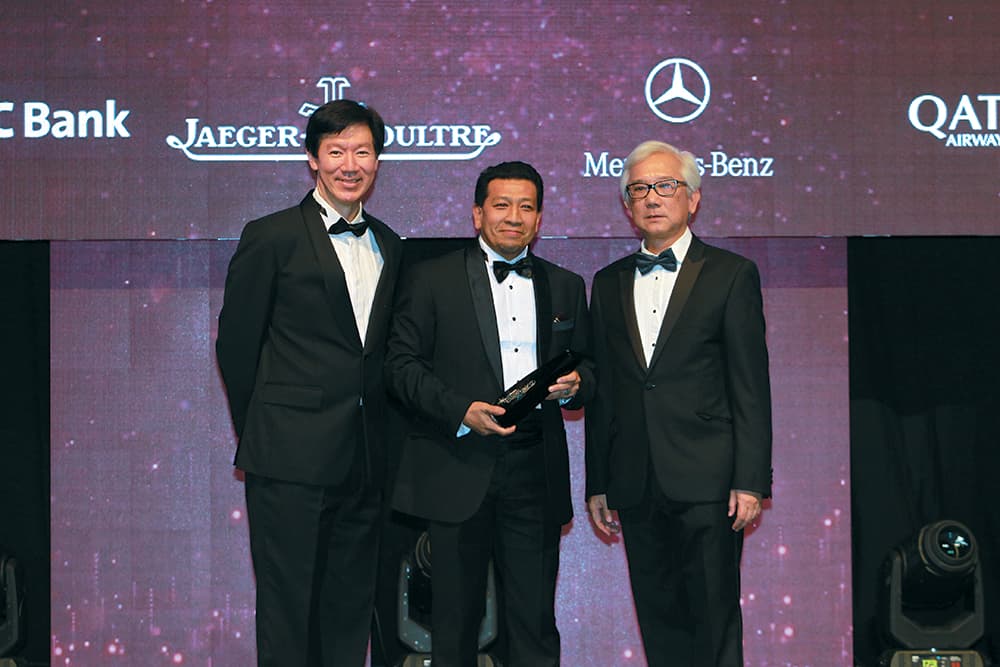Tenaga Nasional Bhd (TNB) serves 8.45 million customers, of which 6.91 million are households. However, the bulk of the utility group’s earnings is derived from the industrial and commercial segments.
As TNB controls the national power grid, many hold the view that there is no reason the country’s sole player in electricity transmission and distribution should not make big money. But others may opine that TNB should not earn too lucrative a profit because it is in the business of supplying electricity — a necessity.
In reality, life is not a bed of roses for the utility group as it is subject to regulation changes that are largely unpredictable and had been buffeted by fluctuations in fuel prices in the past.
And because it controls the national power grid, TNB shoulders a social obligation. Striking a balance between hitting its profit target to create higher shareholder value and public responsibility is probably something that keeps the CEO of this public listed company awake at night.
Investors shied away from the utility stock during the commodity boom years when fuel prices, particularly that of coal, were high. They knew TNB had little control over tariffs even when a hike was justified as it was burning more expensive fuel to produce power.
The stock was trading below RM7 in the first quarter of 2013. But it regained its lustre after the 13th general election as it was granted a tariff hike following the Energy Commission’s decision to implement the ICPT (imbalance cost pass-through) mechanism from 2015 — a game changer for TNB. It hit an all-time high of RM14.48 in August last year.
The ICPT mechanism allows TNB to pass down incremental fuel cost to consumers without profiting from it, thus shielding its margins and improving its earnings visibility.
The electricity tariff hike in 2014 and the implementation of the ICPT mechanism in 2015 have given TNB’s earnings a big boost since its financial year ended Aug 31, 2014 (FY2014) .
Profit after tax (PAT) surged from RM5.35 billion in FY2013 to RM7.36 billion in FY2016 while revenue accelerated from RM37.13 billion to a historical high of RM44.5 billion.
The utility group achieved a three-year PAT compound annual growth rate (CAGR) of 11.2% between FY2013 and FY2016, making it an outstanding performer among super big Cap members of The Edge Billion Ringgit Club — companies with a market Capitalisation of more than RM40 billion.
Given its improved earnings, TNB declared a gross dividend per share (DPS) of 32 sen in FY2016 — the highest since FY2007 when it paid out 36.3 sen. It declared a DPS of 29 sen in FY2014 and FY2015.
TNB is ranked eighth out of more than 188 countries for its ability to deliver electricity by the World Bank Doing Business Report. The utility group was assessed on the efficiency of its connection process, its power reliability and the transparency of its tariffs.
In identifying global emerging trends, CEO Datuk Seri Azman Mohd sees a shift in economic power to Asia. He believes technology disruptions are happening and expects evolving regulatory developments and the end of cheap Capital. “We believe these trends will substantially reshape our future and yet present exciting opportunities,” he says in the 2016 annual report.
Azman, who has helmed TNB since 2012, stresses that the group is fully aware of the risks of stagnation. Instead of just being a “jaguh kampung”, he wants TNB to emerge as one of the world’s top 10 utility groups by market Capitalisation by 2025. “Although ambitious, there has never been a better time to reach for this goal,” he says in the annual report.
It will certainly be interesting to watch how the CEO turns TNB into a global name in eight years.


